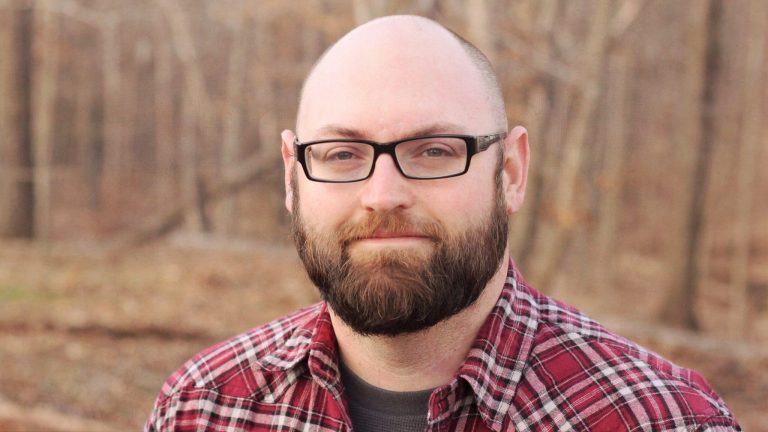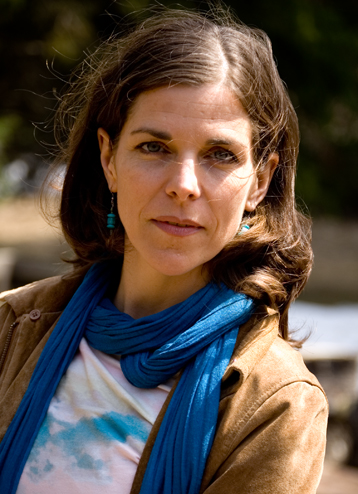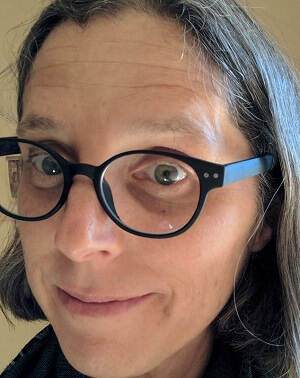Writing the Midwest: On accepting that a piece is finished
“Writing the Midwest” is a recurring series featuring writing advice from today’s most prolific authors. Whether it’s dealing with writer’s block, knowing when a piece is finished, or how and where to find inspiration, we’re delighted to present to you the very best guidance to help you and your writing. You can find links to the authors’ full interviews below.
On accepting that a piece is finished:  Justin Hamm: This is going to sound a little imprecise, maybe even hokey, but for me there’s an invisible latch that kind of clicks shut. I’m not sure if I perceive it through intellect or emotion, but it happens. I can’t always hear it when the poem is on paper, either—though sometimes I can—but when I read it aloud and it’s pretty good, and the ending is fully earned, I can perceive the poem locking into place. That doesn’t mean that it’s perfect or anything, just that I’ve discovered the way that particular poem goes. Once that happens, I might tweak a few words on the computer, but I know that the poem is, for better or worse, whole and as good as I can make it, and it’s time to face the judgement of editors. Justin Hamm: This is going to sound a little imprecise, maybe even hokey, but for me there’s an invisible latch that kind of clicks shut. I’m not sure if I perceive it through intellect or emotion, but it happens. I can’t always hear it when the poem is on paper, either—though sometimes I can—but when I read it aloud and it’s pretty good, and the ending is fully earned, I can perceive the poem locking into place. That doesn’t mean that it’s perfect or anything, just that I’ve discovered the way that particular poem goes. Once that happens, I might tweak a few words on the computer, but I know that the poem is, for better or worse, whole and as good as I can make it, and it’s time to face the judgement of editors. |
  Carol Dunbar: When I’ve taken a piece as far as I can go, I bring it to my writing group, or give it to a trusted reader. It is the feedback and questions from readers that helps me with the last 20 percent, or if I’m stuck before I even get that far, they can help me identify what a piece is really about. I also don’t submit anything until after I read it out loud, because doing that suddenly brings the reader/listener into the picture in a way that doesn’t happen when I’m just looking at the page. I listen to these recordings and that’s how I go through the final editing process. Carol Dunbar: When I’ve taken a piece as far as I can go, I bring it to my writing group, or give it to a trusted reader. It is the feedback and questions from readers that helps me with the last 20 percent, or if I’m stuck before I even get that far, they can help me identify what a piece is really about. I also don’t submit anything until after I read it out loud, because doing that suddenly brings the reader/listener into the picture in a way that doesn’t happen when I’m just looking at the page. I listen to these recordings and that’s how I go through the final editing process. |
  Rebecca Berg: A piece of writing is never finished. Once something is published, I can’t go on revising, obviously. That doesn’t mean I don’t want to. Rebecca Berg: A piece of writing is never finished. Once something is published, I can’t go on revising, obviously. That doesn’t mean I don’t want to. |
   |






